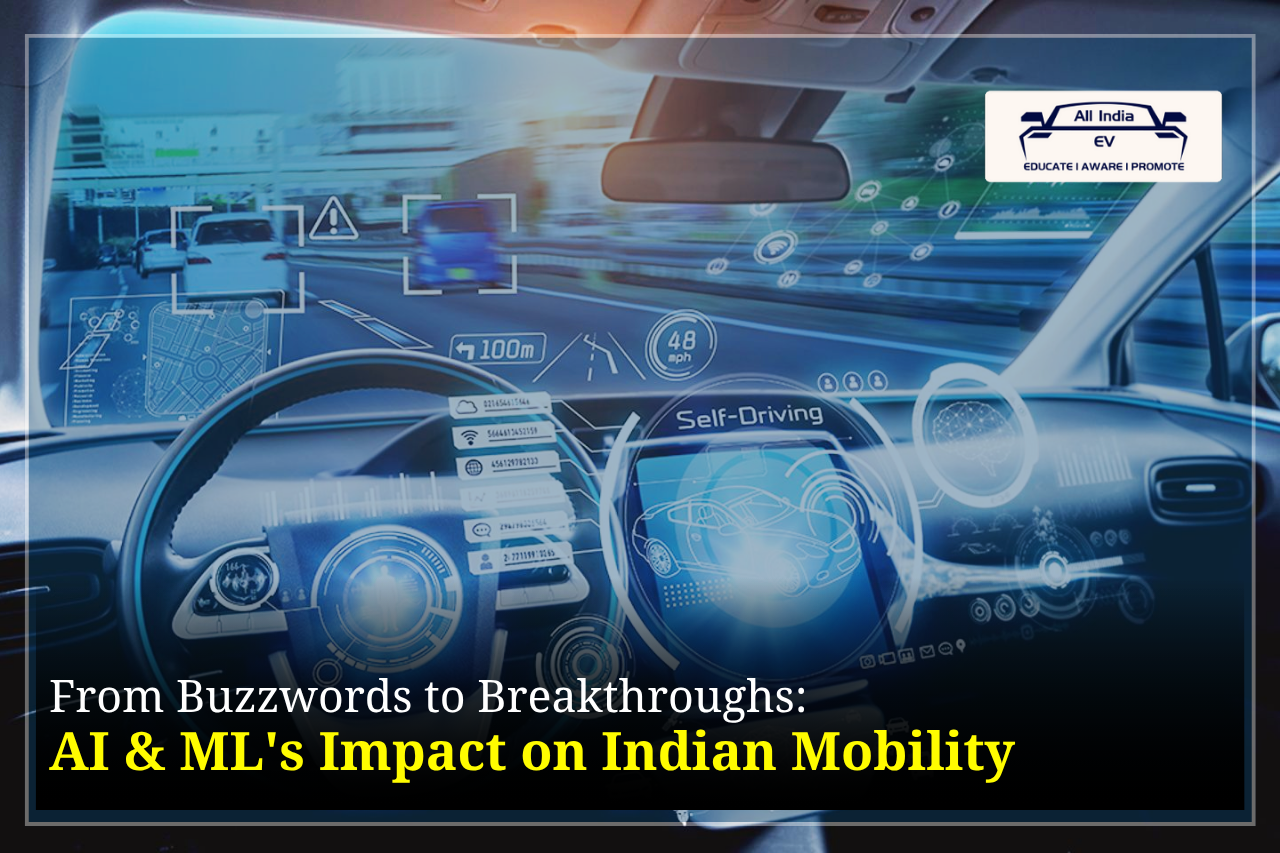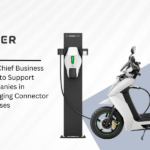
AI & ML Take the Wheel as India’s Mobility Sector Adapts to a Complex, Evolving, and Software-Driven Future
A quiet but transformative revolution is underway in India’s mobility sector—driven by Artificial Intelligence (AI) and Machine Learning (ML). At the recent ETAutoTech Summit in Bengaluru, industry leaders, innovators, and regulators came together to address a pressing question: Will AI/ML be in the driver’s seat of tomorrow’s mobility?
From software-defined vehicles to digital twins, the summit showcased how these emerging technologies are reshaping how India designs, builds, and manages mobility systems.
From Innovation Labs to Real-World Roads
Dr. Tapan Sahoo, Head of Digital Enterprise & Cybersecurity at Maruti Suzuki India, emphasized how the pandemic fast-tracked digital transformation in the automotive space.
“Everything has gone digital. We’ve opened our doors to innovation—especially from startups,” he said, highlighting Maruti’s structured program that helps early-stage tech startups scale through real-world pilot projects.
However, he noted that India must invest deeply in R&D and Tier 2/3 capabilities to compete globally, especially in software and deep-tech innovation. “Japan and Germany are ahead because they’ve invested for decades. We need to decide where India’s edge will be—and it’s clearly in software.”
The Rise of Software-Defined Vehicles
Mahesh Babu, CEO of Switch Mobility, illustrated how hardware is no longer the sole backbone of vehicle architecture.
“We now design software and vehicle architecture in parallel. A bus route in one city needs a different algorithm than the same bus in another zone,” he explained.
He sees a huge opportunity in combining India’s IT strength with automotive ambitions, but stressed the need for digital twinning and adaptable platforms to keep pace with evolving regulations and complex transport scenarios.
Collaboration Will Drive Change
Ujjwala Karale, Senior Deputy Director at ARAI, underscored the importance of ecosystem collaboration. ARAI has already launched a Digital Twin Lab and is developing indigenous ADAS solutions, but Karale insists the effort must be shared.
“OEMs, startups, regulators—no one can win alone. Data must be shared and roles clearly defined,” she said.
From Assistants to AI Coworkers
Dr. Caleb Munigety, Head of Enterprise AI at Bosch India, noted that Generative AI (GenAI) is evolving from narrow functions to real-time design and engineering assistance.
“AI won’t replace us. It will sit beside us,” he said, adding that homegrown, context-aware algorithms will be key to solving India-specific problems such as infrastructure bottlenecks and fragmented supply chains.
AI Across the Mobility Value Chain
The summit highlighted how AI is becoming a foundational layer in every function—from design and diagnostics to risk and route optimization:
- Sanjeev Kulkarni, CEO, BillionE: “AI can dramatically boost operational efficiency, fleet reliability, and energy usage.”
- Vinod Palakkil, Head Indirect Business, PTC: “Today’s vehicles are code-driven. We need skilling programs to build a tech-ready workforce.”
- Gautham Hedge, Technical Director, Ultraviolette: “AI is fast-tracking everything—from supplier inspections to marketing integration.”
India at the Crossroads of Mobility Intelligence
With a vibrant startup ecosystem, growing talent base, and massive market potential, India is uniquely positioned to lead the global AI mobility movement.
“The question isn’t whether AI/ML should drive our mobility future—it’s whether we’re ready to co-navigate it,” concluded a panelist.As India’s EV and mobility sectors rapidly evolve, AI and ML aren’t just technological upgrades—they’re becoming essential co-pilots on the road to sustainable, intelligent, and inclusive transport systems.










